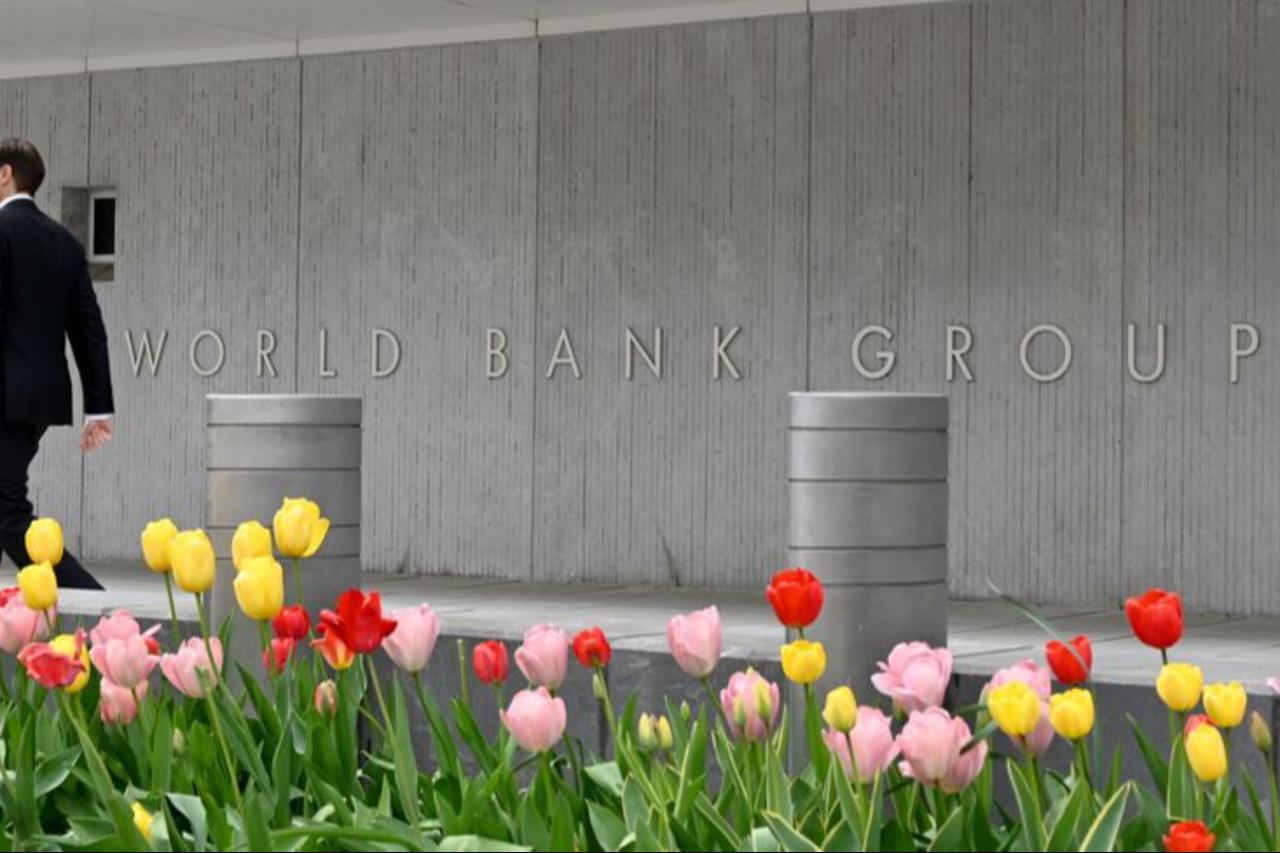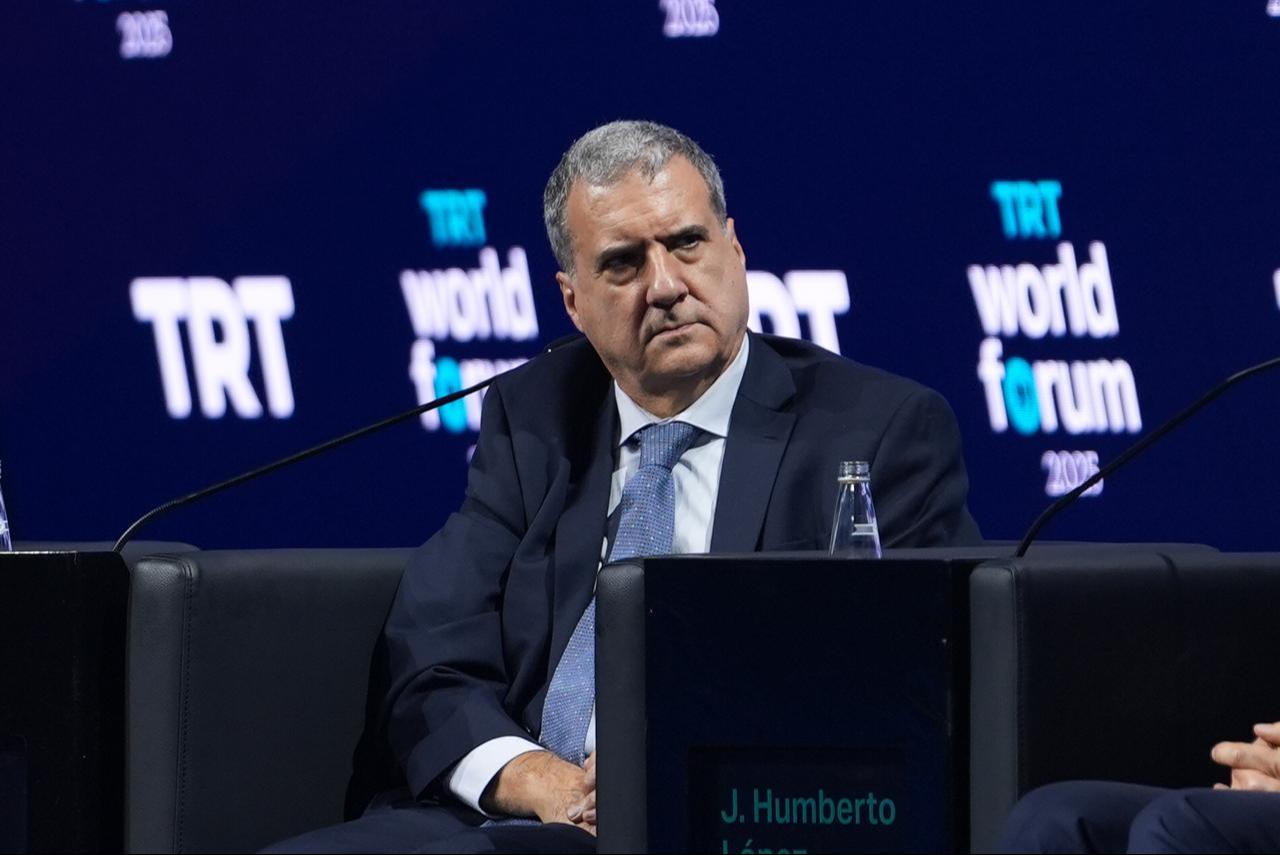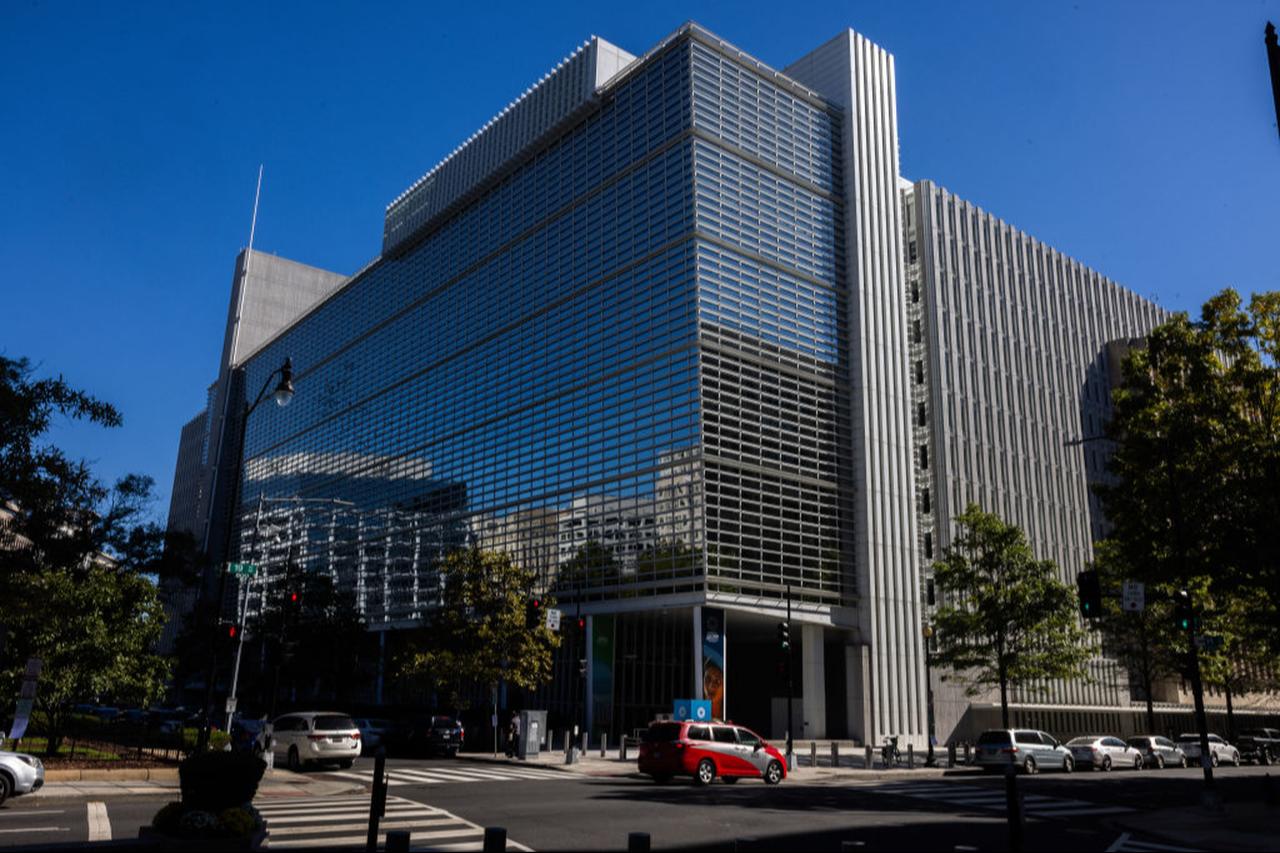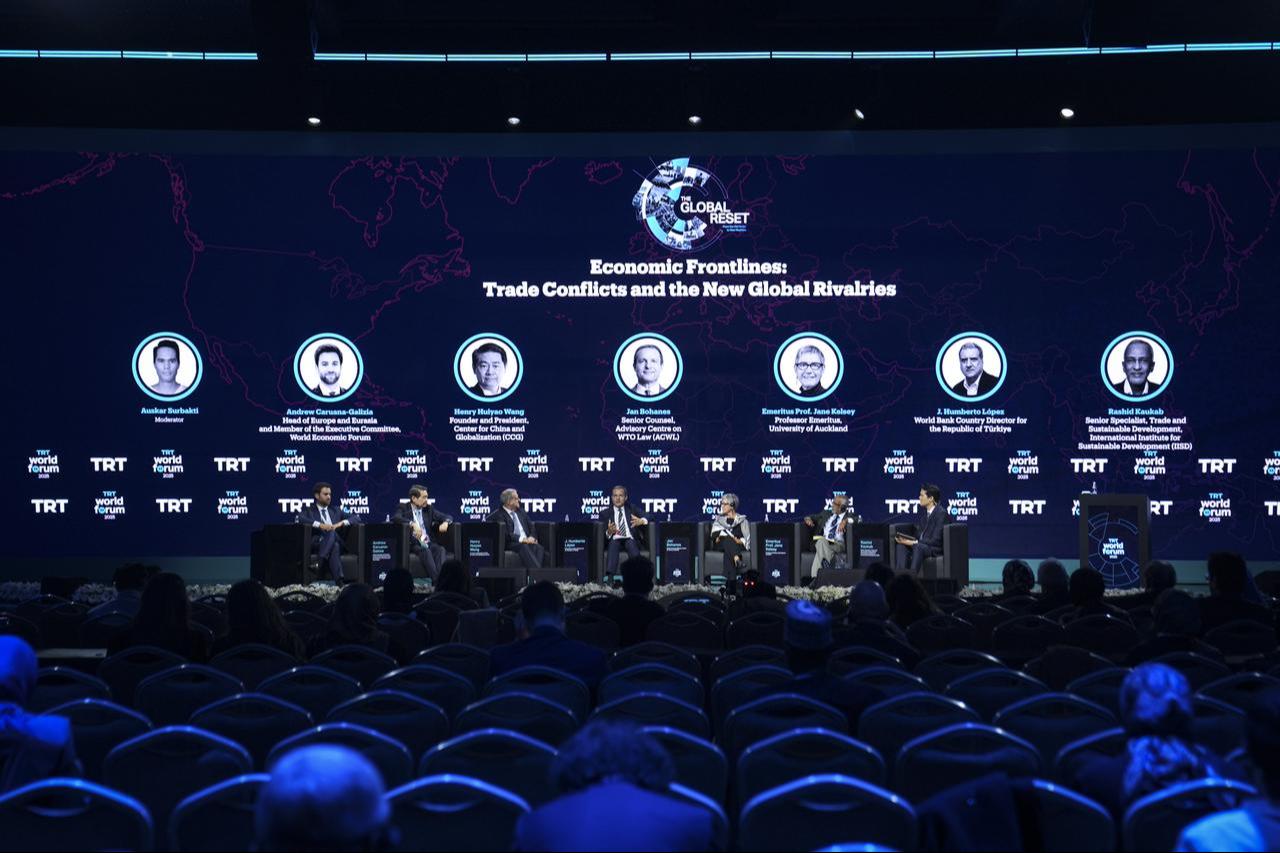
World Bank Türkiye Director Humberto Lopez warned that global economic uncertainty is hampering investment decisions, as experts gathered at the TRT World Forum 2025 in Istanbul to discuss trade conflicts and new competitive landscapes reshaping international commerce.
Lopez's remarks came during the TRT World Forum 2025 panel session titled "Economic Fronts: Trade Conflicts and New Global Competition," moderated by TRT World presenter Auskar Surbakti.
"People are struggling to invest in these uncertainties," Lopez stated on Saturday during the forum's panel discussion on economic divisions and trade conflicts.
The World Bank Türkiye Director emphasized that countries have different economic structures, and the impact of trade and tensions varies from nation to nation, highlighting the broader challenge facing the global economy.

Lopez drew attention to the pervasive global "uncertainty" that is creating significant challenges for economic actors across the world.
"Not knowing what will happen creates difficulty. People are struggling to invest in these uncertainties," Lopez said, underscoring how the lack of clarity about future economic conditions is constraining investment decisions globally.
According to Lopez, when examining growth prospects, some countries could face difficult situations. The unpredictability of the global economic environment is forcing businesses and investors to reconsider their strategies and capital allocation.
Lopez highlighted that trade flows are currently moving in different directions as countries adjust to changing economic conditions and rising tariff barriers.
"Countries must adjust themselves according to the customs tariff situation. Trade flows are currently proceeding in different ways," Lopez explained, pointing to how protective tariff policies are reshaping global commerce patterns.
The World Bank Türkiye Director noted that countries with high customs tariffs do not receive substantial exports, forcing trading nations to reallocate their export strategies and seek alternative markets.
"Not much export is done to countries with high customs tariffs. Countries need to adjust themselves according to this customs tariff situation," Lopez stated.
This adjustment process requires countries to reassess their trading relationships and find new markets less impacted by high tariff barriers, reflecting a fundamental reshaping of global trade dynamics.

Lopez stressed that understanding the structural differences between countries is critical to comprehending how trade tensions and economic policies affect different nations.
"Countries have different structures, and the impact of trade and tensions on them is different," Lopez said, explaining that a one-size-fits-all approach to economic policy does not work in the current global environment.
The World Bank Türkiye Director noted that the varying economic compositions of different nations mean that trade policies affect them in distinct ways, requiring tailored approaches to economic challenges.

Lopez's concerns about investment uncertainty were echoed by other panelists at the forum, who emphasized the need for systemic solutions to economic challenges.
Rashid Kaukab, Senior Expert on Trade and Sustainable Development at the IISD, highlighted that the world faces recurring crises and emphasized the need to convert these challenges into opportunities.
"We live in a world of crises. Every 5-6 years, we face a crisis. The intensity of these crises is increasing in the global trade system. We need to do something about this," Kaukab stated.
"There is considerable insecurity throughout the world. We must find solutions through regional, global, or bilateral relationships. Many uncertainties are dominating our world. We have faced many crises.
The severity of these crises is increasing in the global trade system, and we need to address this. We must be able to turn crises into opportunities," Kaukab explained.
Other panelists emphasized different aspects of the global economic transformation.
WEF President Caruana-Galizia noted that global cooperation changes when climate conditions and political situations shift and stressed that artificial intelligence must be properly utilized and not applied to nuclear weapons development. He suggested that private sector-level rules could be established for artificial intelligence.
CCG President Wang discussed the changing China-U.S. relationship under Trump's second term, noting that while tariff disputes and new regulations exist between the two countries, "stability" could still be achieved.
Wang stated, "China and the U.S. can work together. China is becoming more efficient and competitive. If China and the U.S. understand each other well, it will be good for the world. All these tensions arise from this competition."
Wang emphasized Türkiye's important role in regional stability, saying he was impressed by Istanbul Airport's significance to international commerce.
WTO Senior Consultant Bohanes addressed how countries define national security in different ways, highlighting discrepancies in how security is interpreted across nations.
Auckland University's Kelsey stressed that global trade policy is shaped by power politics for both political and economic reasons and called for multipolar approaches to global crisis solutions.